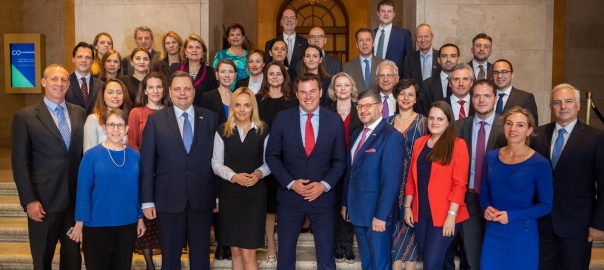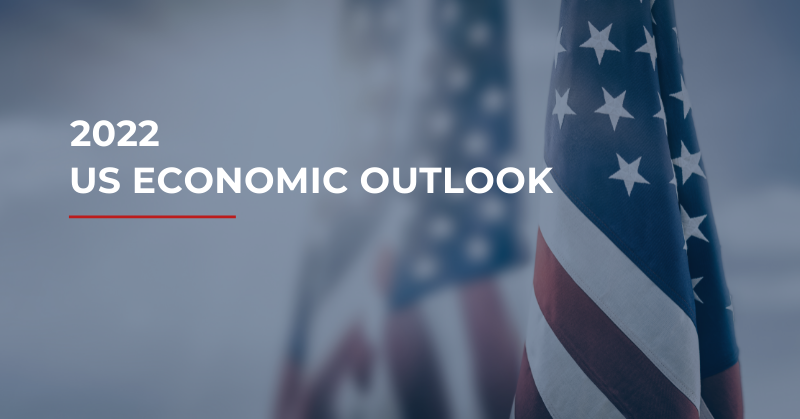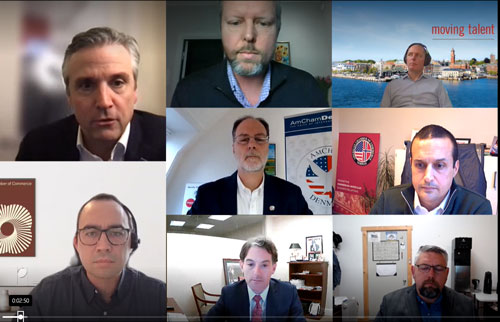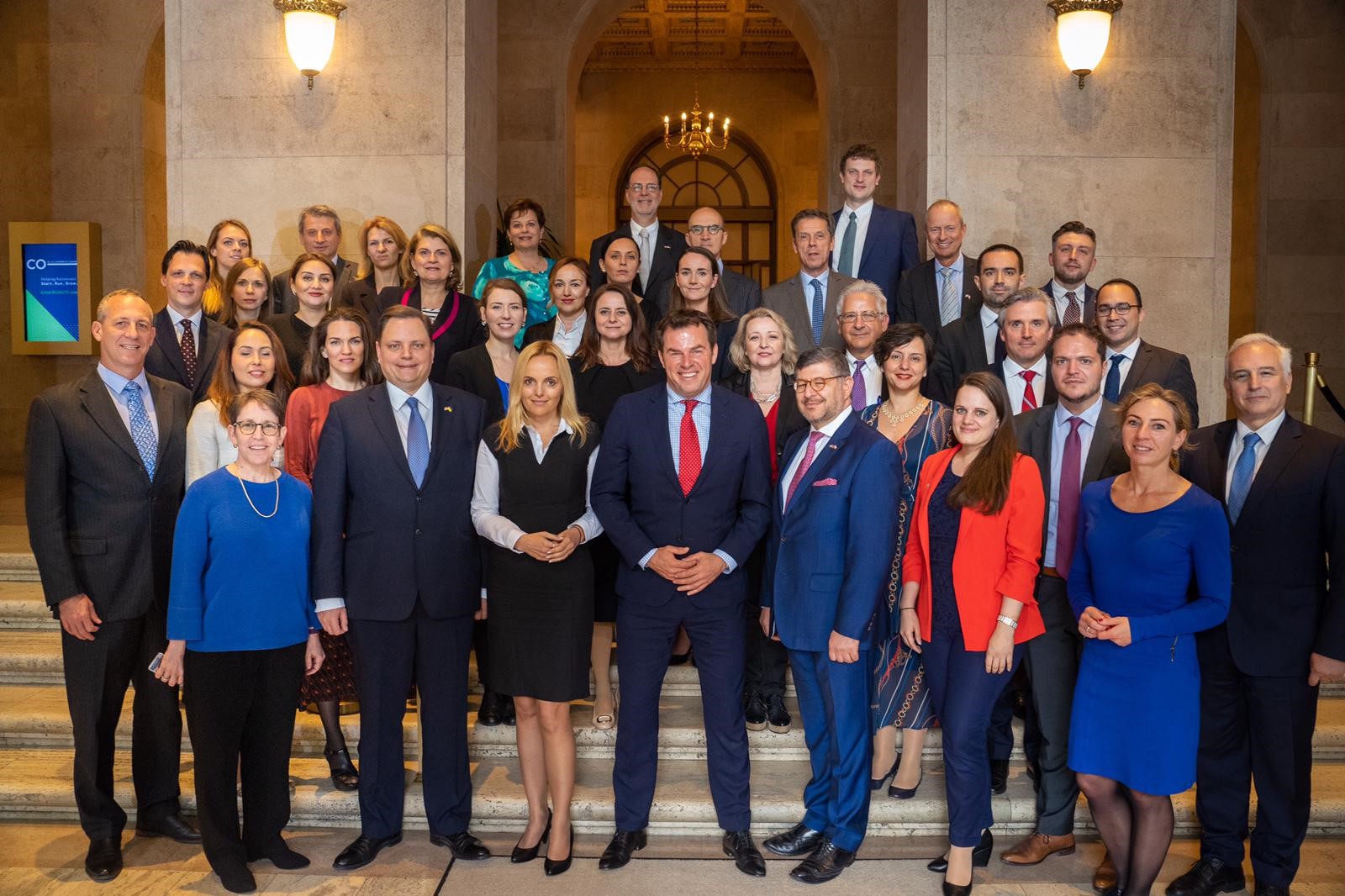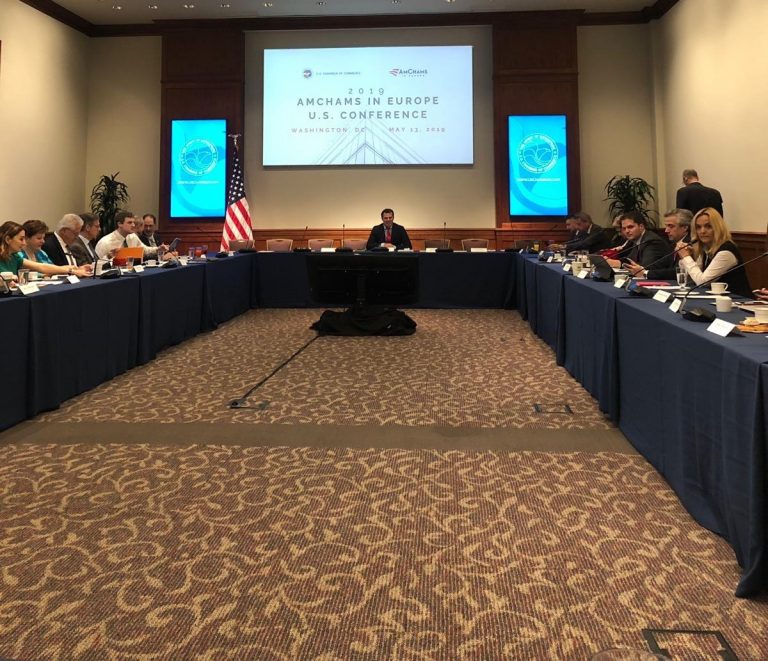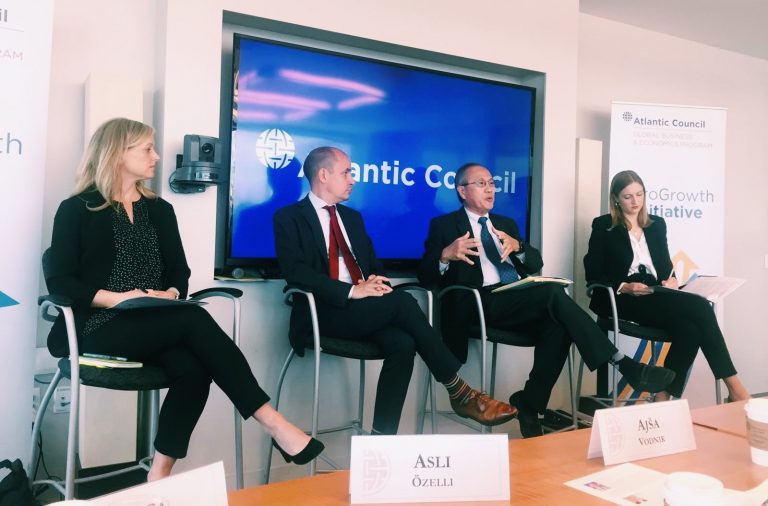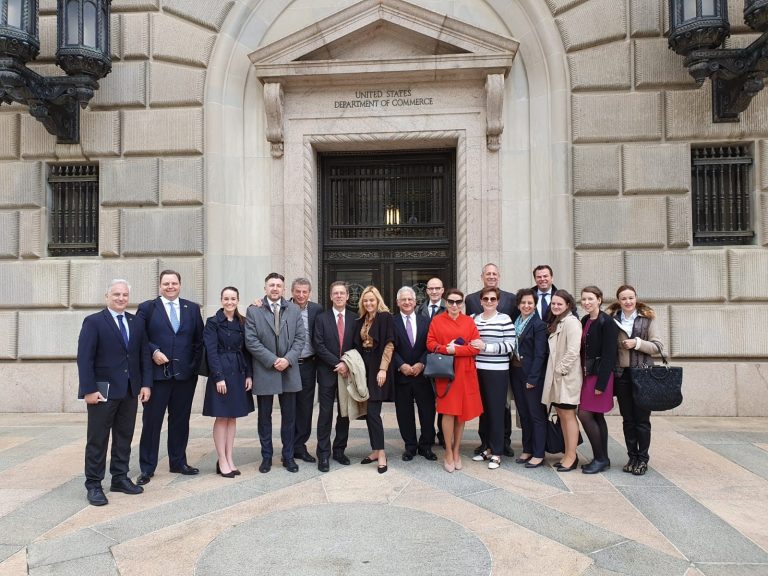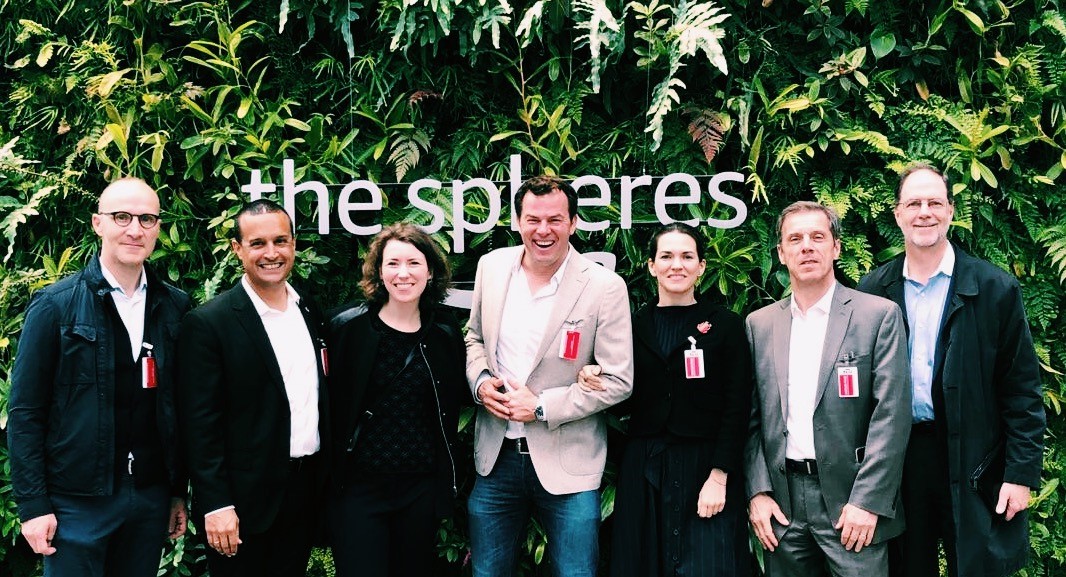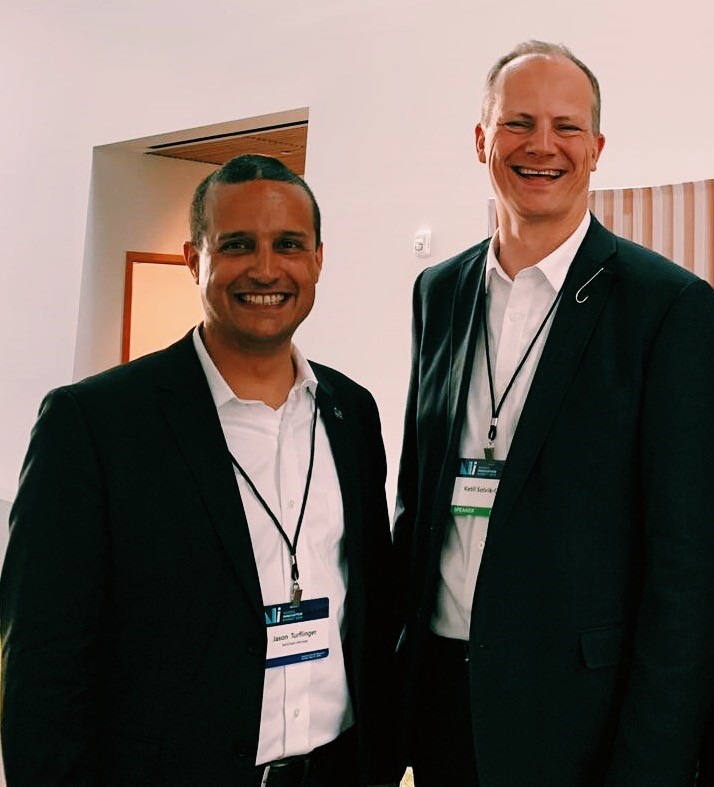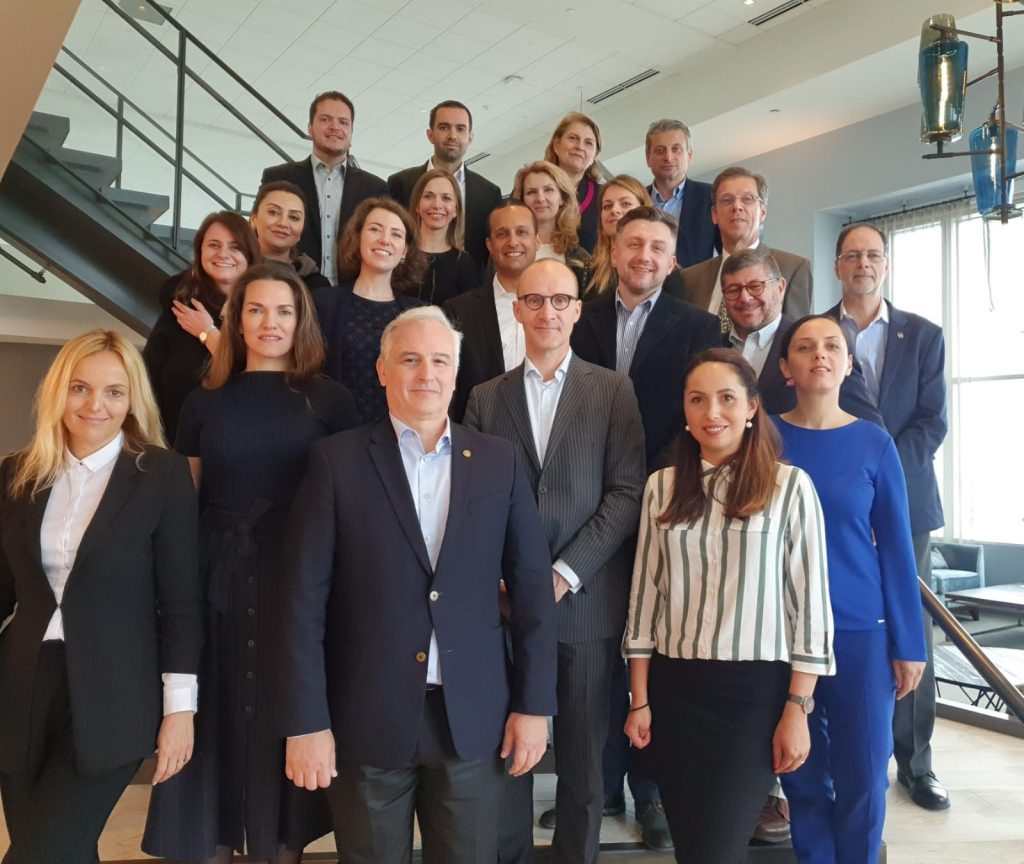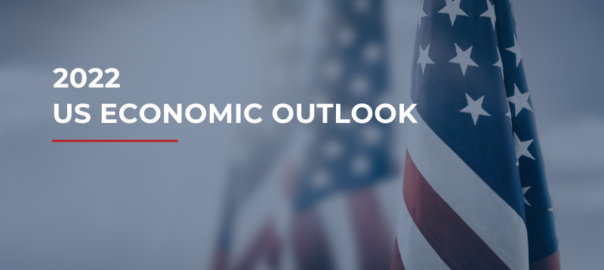
Tag Archives: US Chamber of Commerce

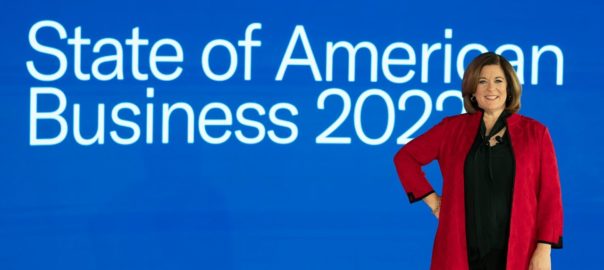
State of American Business 2022: Fighting for Innovation & Competition
Wall Street Journal: Judge Partially Blocks Trump Administration From Enforcing Visa Ban
A federal judge in San Francisco has blocked the Trump administration from enforcing its ban against many of the biggest U.S. companies bringing in foreign workers under H-1B and other employment-based visas.
The ruling applies to workers for companies represented by the plaintiffs in the suit: the National Association of Manufacturers, the U.S. Chamber of Commerce, the National Retail Federation and TechNet.
US Chamber CEO Thomas J. Donohue in the New York Times: Why the US Chamber of Commerce Is Suing the Trump Administration
Over the past few weeks, the Trump administration has decided to close the door to engineers, executives, information technology experts, doctors, nurses and others who come to the United States on work visas. It has attempted to ban international students from attending American colleges and universities that hold classes virtually in the fall. And it has shown an unwavering commitment to canceling the Deferred Action for Childhood Arrivals program, or DACA.
Taken together, these are the most restrictionist immigration policies in nearly a century. This is a fundamental mistake at a time when our nation’s economy is already suffering.
Read the entire opinion piece HERE.
Keeping Trade Open: Where Do US Medical Products Really Come From?
The COVID-19 pandemic has inflicted a heavy toll on the United States in lost lives and mounting economic hardship. While our resilience is unquestionable, the pandemic has laid bare the inadequacies of some aspects of U.S. preparedness, and policy changes are clearly warranted.
But will we embrace the right solutions?
A number of lawmakers have introduced legislation to address some shortcomings. Several of these proposals proceed from the idea that the United States is dangerously dependent on Chinese medical products. While some of these bills adopt a deliberative approach, others call for quick action to compel firms to “reshore” production of medical equipment and pharmaceuticals.
Before policymakers charge ahead, it’s imperative that we start by identifying the real problems — and then devise the right solutions.
Read entire article HERE.
The US Chamber of Commerce International Policy Backgrounder: The WTO and American Business
US Chamber of Commerce Senior Vice President for International Policy John Murphy discusses the WTO and American business in a new International Policy Backgrounder from the Chamber. Download HERE.
U.S. Chamber CEO: Action is the Only Option
Donohue Rejects Notion That Nothing Can Get Done in An Election Year |
FOR IMMEDIATE RELEASE |
January 9, 2020 |
|
WASHINGTON, D.C. — Today, U.S. Chamber of Commerce CEO Thomas J. Donohue gave the annual State of American Business address, where he outlined top priorities for the business community in the coming year. During the event, the Chamber highlighted several business leaders who are finding solutions in the face of uncertainty and called upon government leaders to adopt the must-do spirit of American business to address challenges and seize opportunities in Washington, in the states, and around the world.
“Ladies and gentlemen, the state of American business may be uncertain, but the spirit of American business is undaunted,” Donohue said in closing. “It is resolute. It is determined. And it is relentlessly focused on leading into an important year, through a pivotal decade, and toward a future that remains as bright as ever.” Donohue’s remarks, as prepared for delivery, are available online here. To watch the 2020 “State of American Business” address, please visit our website. |
|
|
About the U.S. Chamber of Commerce |
|
|
|
The U.S. Chamber of Commerce is the world’s largest business federation representing the interests of more than 3 million businesses of all sizes, sectors, and regions, as well as state and local chambers and industry associations. |
US Chamber, Google Partner on Report Growing Small Business Exports: How Technology Strengthens American Trade
Small business exports currently account for $541 billion and nearly six million jobs in the United States. However, small businesses face several barriers to exporting, primarily foreign regulations, tariffs and customs procedures, and payment collection issues. 73% of small businesses are not aware of digital resources that can help them reach customers around the world. If small businesses had better access to global markets, it could increase the GDP of the United States by $81 billion and add 900,000 new jobs. The report surveyed over 3,800 small businesses across the United States and examined the landscape of small business exporting. In addition, the report provides policymakers with several recommendations to enhance small business exporting and grow the American economy and increase jobs.
Read full report HERE.
